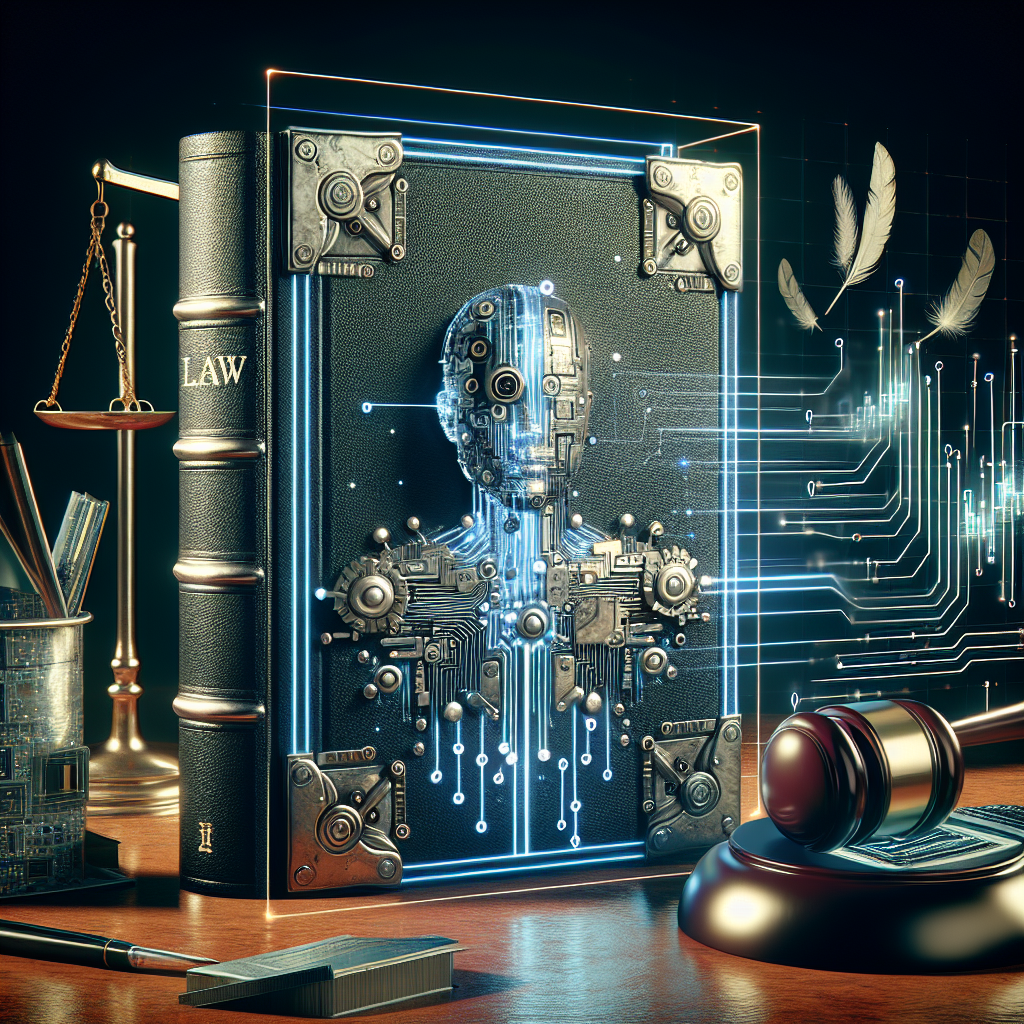AI-Powered Legal Predictive Analytics: A Case Study
In recent years, the legal industry has seen a significant shift towards the adoption of artificial intelligence (AI) technology to improve efficiency and accuracy in legal processes. One area where AI has shown great promise is in predictive analytics, which uses data and machine learning algorithms to forecast outcomes in legal cases.
In this article, we will explore a case study of how AI-powered legal predictive analytics was used to analyze a complex litigation case and provide insights into the potential benefits and challenges of using this technology in the legal field.
Case Study: Analyzing a Complex Litigation Case
The case in question involved a large multinational corporation that was facing a lawsuit from a group of former employees who claimed they were wrongfully terminated. The company’s legal team was tasked with analyzing a vast amount of data, including emails, documents, and other evidence, to build a strong defense for their client.
Traditionally, this process would have required hours of manual review and analysis by a team of lawyers and paralegals. However, the legal team decided to leverage AI-powered legal predictive analytics software to streamline the process and gain valuable insights into the case.
The software used advanced machine learning algorithms to process and analyze the data, identify patterns and trends, and make predictions about the likely outcome of the case. By inputting various factors such as the nature of the allegations, the strength of the evidence, and the judge’s past rulings, the software was able to generate a predictive model that estimated the probability of success for the company’s defense.
Through this analysis, the legal team was able to identify key weaknesses in the plaintiffs’ case, such as inconsistencies in their testimonies and lack of corroborating evidence. Armed with this information, the team was able to craft a stronger defense strategy and ultimately secure a favorable outcome for their client.
Benefits of AI-Powered Legal Predictive Analytics
The use of AI-powered legal predictive analytics offers several key benefits for legal practitioners:
1. Increased Efficiency: AI technology can process and analyze vast amounts of data in a fraction of the time it would take human analysts. This allows legal teams to quickly identify relevant information and focus their efforts on building a strong case.
2. Improved Accuracy: By leveraging machine learning algorithms, predictive analytics software can provide more accurate predictions about case outcomes than traditional methods. This can help legal practitioners make more informed decisions and better advise their clients.
3. Cost-Effective: Using AI technology can help reduce the time and resources required for legal research and analysis, ultimately saving clients money on legal fees. Additionally, the insights gained from predictive analytics can help legal teams prioritize their efforts and allocate resources more effectively.
Challenges of AI-Powered Legal Predictive Analytics
While AI-powered legal predictive analytics offers many benefits, there are also some challenges that legal practitioners may face when implementing this technology:
1. Data Privacy Concerns: Legal professionals must be mindful of data privacy regulations when using AI technology to analyze sensitive information. Ensuring compliance with laws such as GDPR and HIPAA is crucial to protecting client confidentiality and maintaining trust.
2. Interpretation of Results: While AI algorithms can provide valuable insights, it is essential for legal practitioners to interpret these results in the context of the specific case. Human judgment and expertise are still necessary to make informed decisions based on the predictions generated by the software.
3. Overreliance on Technology: While AI can enhance the efficiency and accuracy of legal processes, it is essential for legal professionals to strike a balance between using technology and relying on their own experience and expertise. Overreliance on AI technology can lead to errors and oversights that may impact the outcome of a case.
Frequently Asked Questions
Q: Can AI predict the outcome of a legal case with 100% accuracy?
A: While AI-powered legal predictive analytics can provide valuable insights into the likely outcome of a case, it is not possible to predict with 100% accuracy. Legal cases are complex and can be influenced by various factors, including new evidence, witness testimonies, and judicial decisions.
Q: How can legal practitioners ensure the accuracy of AI predictions?
A: Legal professionals can enhance the accuracy of AI predictions by inputting high-quality data, validating the results against their own expertise, and continuously refining the predictive model based on feedback and new information.
Q: Is AI technology replacing human lawyers in the legal industry?
A: AI technology is not replacing human lawyers but rather augmenting their capabilities. While AI can streamline processes and provide valuable insights, human judgment, creativity, and expertise are still essential in the practice of law.
In conclusion, AI-powered legal predictive analytics offers significant potential to enhance the efficiency and accuracy of legal processes. By leveraging advanced machine learning algorithms, legal practitioners can gain valuable insights into complex cases, make informed decisions, and ultimately achieve better outcomes for their clients. While there are challenges to overcome, the benefits of using AI technology in the legal field are clear, and the adoption of predictive analytics is likely to continue to grow in the coming years.

